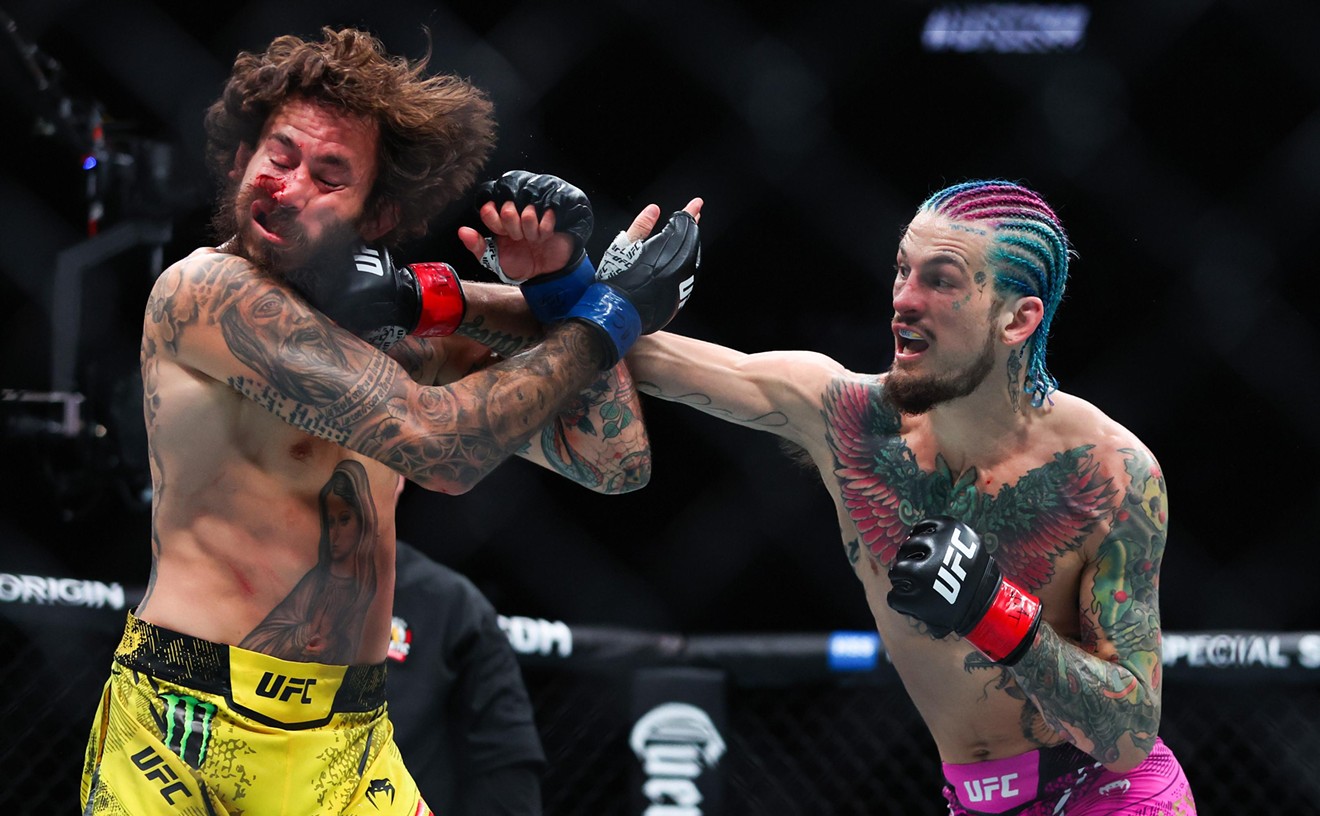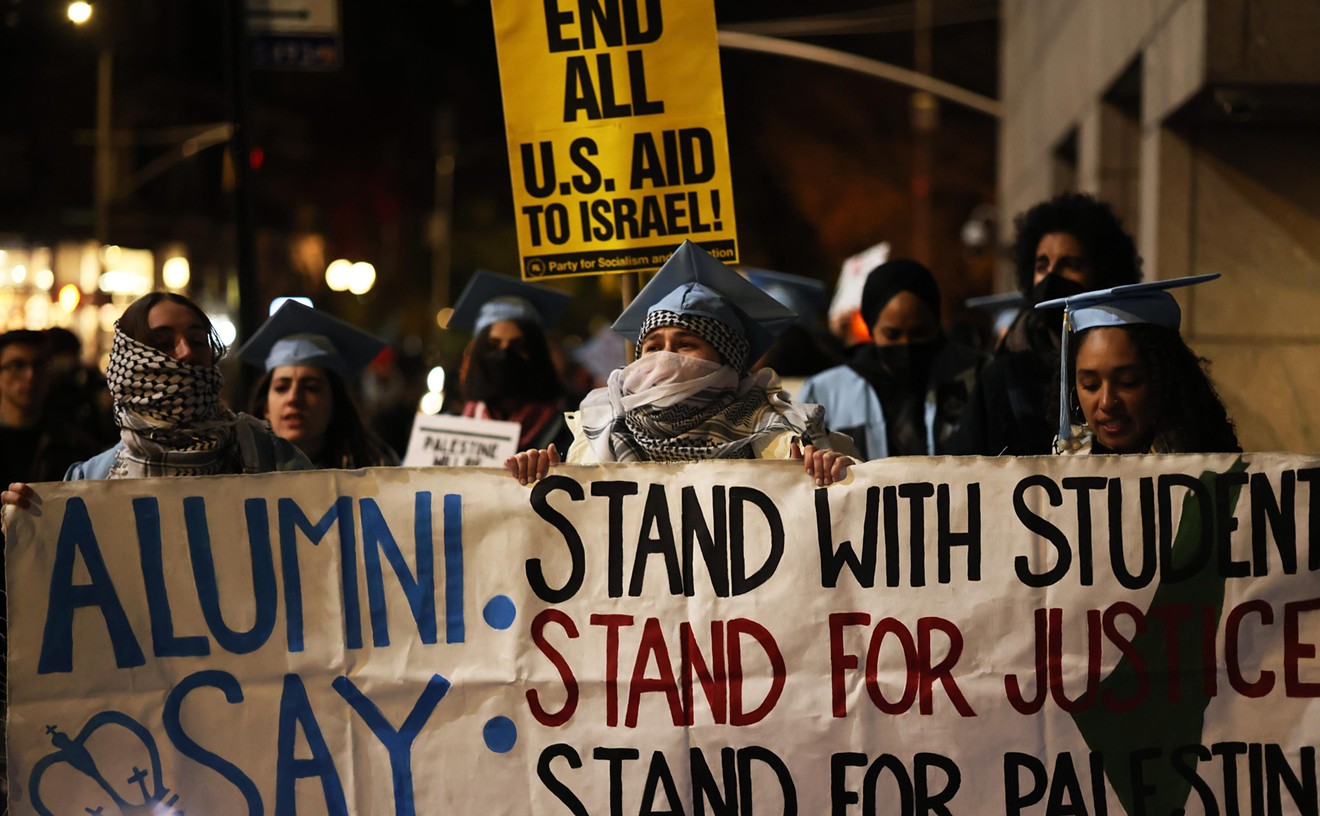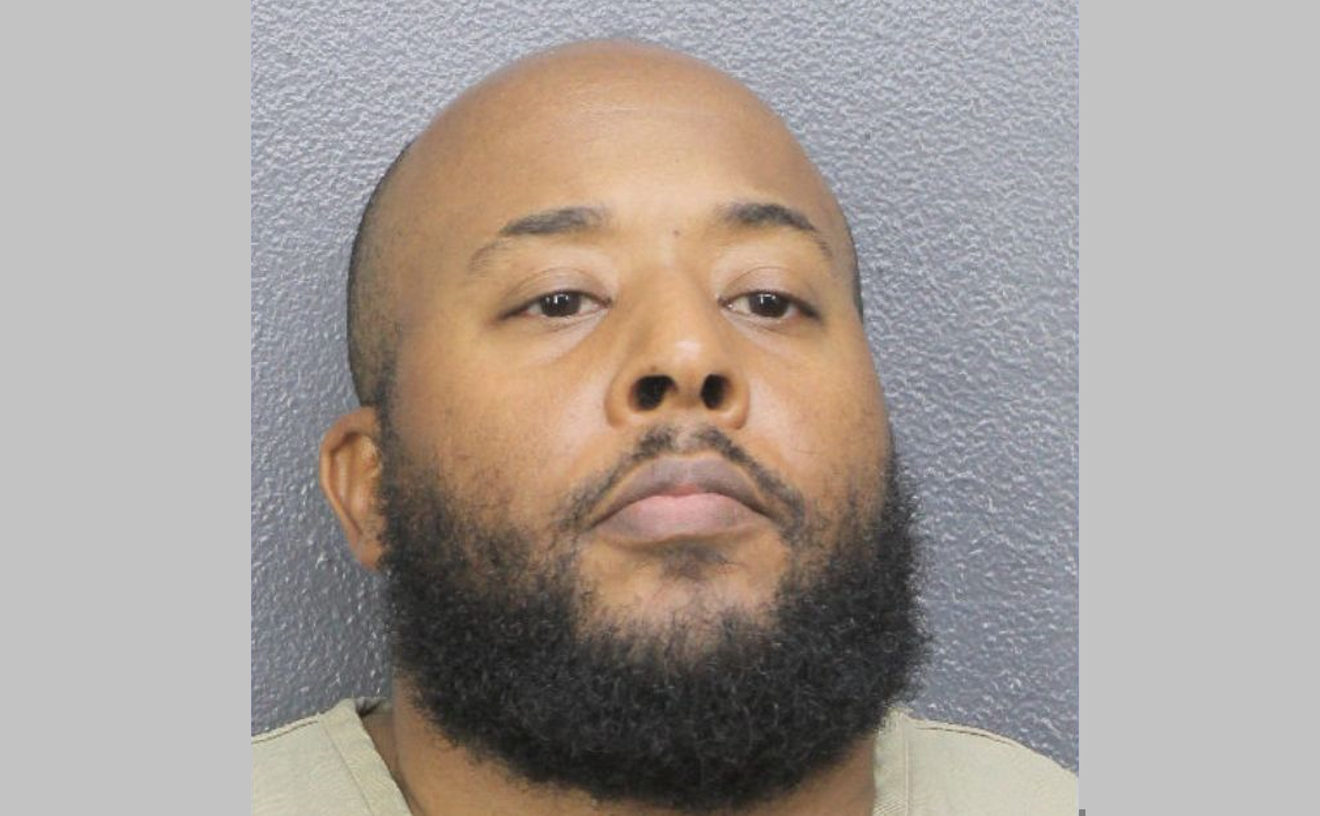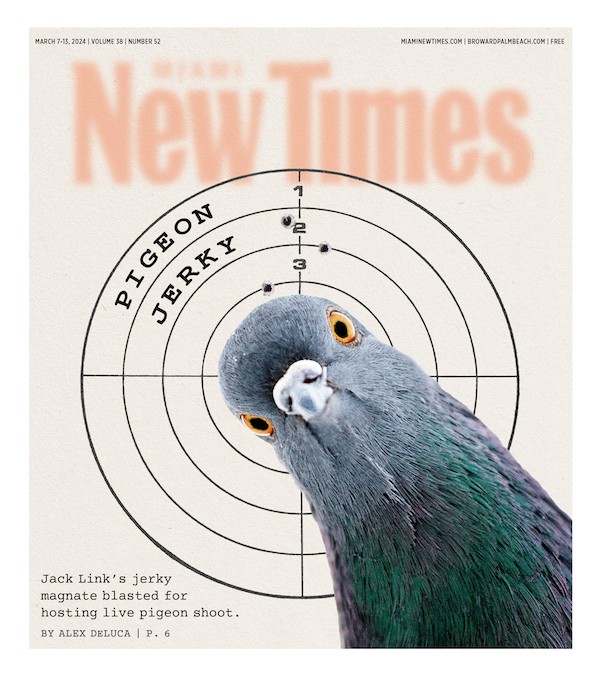During a presidential run deemed one of the shortest-lived White House bids in modern history, Miami Mayor Francis Suarez traveled around the nation with a security detail of police officers who racked up more than $20,000 in expenses billed to the City of Miami, public records show.
Documents obtained by New Times via a public records request show that as Suarez hit the presidential campaign trail this summer, flying from Iowa to New Hampshire to Texas to meet voters and muster support, he was escorted by several Miami Police Department officers whose expenses for hotel rooms, transportation, and meals were billed to the city.
Expense reports for dozens of itemized costs for the officers' travel were submitted to the city, stating that they were traveling to "provide dignitary protection for the Honorable Mayor Francis Suarez." The subject on the internal memos for the expenses states: "Travel on city business."
If Miami is not reimbursed for the costs, the use of city funds on the campaign trail may violate local and state ethics regulations, according to government ethics expert Caroline Klancke.
Florida law requires that public resources and city staff only be used for public purposes, says Klancke, executive director of the Florida Ethics Institute. She contends those resources shouldn't be used in support of political campaigns and other independent enterprises.
"Private election campaigns, either for re-election by incumbent candidates or for election to a new office, are private," Klancke tells New Times. "Those are not public undertakings."
Klancke, the former deputy executive director and general counsel of the Florida Commission on Ethics, says the commission has consistently maintained that public staff must be utilized solely for public purposes. She says the state ethics commission may require repayment of the city's costs.
"A repayment comports with that. That is what the law requires," Klancke says.
The Miami-Dade Commission on Ethics and Public Trust asserts that campaign activities cannot involve the use of public resources "in support of any political campaign or candidate."
Stephanie Severino, a spokesperson for Suarez, did not provide a response to questions submitted by New Times about the expenses, including an inquiry about whether the mayor is repaying the money.
Documents show that Suarez brought senior sergeant-at-arms Alexander Lamprou and sergeant-at-arms Brett Preshong with him in June as he traveled to California, where the mayor announced his candidacy for president at the Ronald Reagan Presidential Library in Simi Valley on June 15. The receipts indicate more than $3,000 in lodging and meal expenses for Suarez's security in California were billed to the city.
The following month, Suarez visited Iowa twice — traveling to Cedar Rapids to run a 5K race on July 4 and Des Moines for the Republican Party of Iowa's Lincoln Dinner on July 28. One of the officers the mayor brought along was listed as a member of the Miami Police Department's "intel/terrorism" unit.
Also in July, Lamprou and Preshong accompanied Suarez to Manchester, New Hampshire, where he campaigned and attempted to court voters at the Red Arrow Diner, among other stops. The two officers collectively accrued more than $4,000 in expenses for flights, meals, and hotel rooms for the two-night trip.
In early August, Suarez brought officer Andrea Preston and sergeant-at-arms Pierre Cazassus to Texas, where he walked along the Southern border wall and talked about immigration issues with reporters. The officers' trip cost roughly $1,500, according to the public records provided to New Times.
The mayor then returned to Iowa in mid-August for a campaign stop at the Iowa State Fair, bringing Preshong and Lamprou, who spent roughly $2,300 on lodging, travel, and meals, the records show. A few days later, the mayor headed back up to New Hampshire with Preston and Cazassus on a brief trip for which the security detail logged approximately $2,500 in expenses.
City records show that during a subsequent trip from Miami to Milwaukee in late August, flights for Lamprou and Preshong totaled $758. The city spent more than $1,000 for Lamprou's three-night stay at the Hilton Milwaukee City Center and $149 for one night at the nearby Home2 Suites, the records indicate.
In August, after 76 days on the campaign trail, Suarez became the first Republican candidate to drop out of the presidential race after polling at 0.2 percent and failing to qualify for the first Republican primary debate, despite his claims he'd be gracing the stage.
The municipal leader and widely viewed longshot candidate recorded the sixth shortest presidential run in modern U.S. history, according to University of Minnesota researcher Eric Ostermeier.
Despite his lackluster polling numbers, Suarez repeatedly found himself garnering national media attention during his two-month-long campaign. He went viral on social media after he referred to the persecuted Uyghur minority group in China as "the Weebles." He also made headlines for a $20 gift card giveaway that he used as a means to entice donors and meet the funding qualifications for the debate.
Suarez portrayed himself as a moderate candidate who would curb federal spending and heal political rifts. He made the rounds on national political outlets and talk shows, where he said he was uniquely positioned to court young voters and those with Hispanic backgrounds.
"There's an opportunity here to talk to number one, people in the 18- to 29-year-old demographic that Republicans lost to Joe Biden by 28 points, and also to have more Hispanics, which are trending Republican, continue in that trend and have someone that speaks to them, that can connect with them, that understands their nuances," Suarez said in a May interview with The Hill.
Previous controversy over mayoral use of public funds for campaigning arose over then-New York City Mayor Bill de Blasio's use of city funds for a police security detail during his 2019 presidential campaign.
After New York's Conflicts of Interest Board ruled he misused city funds, de Blasio was ordered to reimburse the city and pay more than $300,000 for the travel costs, salaries, and overtime for 31 campaign stops in addition to a $155,000 fine.
Politics
City of Miami Spent More Than $20K on Presidential Campaign Trail Security for Mayor Suarez
Internal memos described the officers' trips on the presidential campaign trail as "travel on city business."
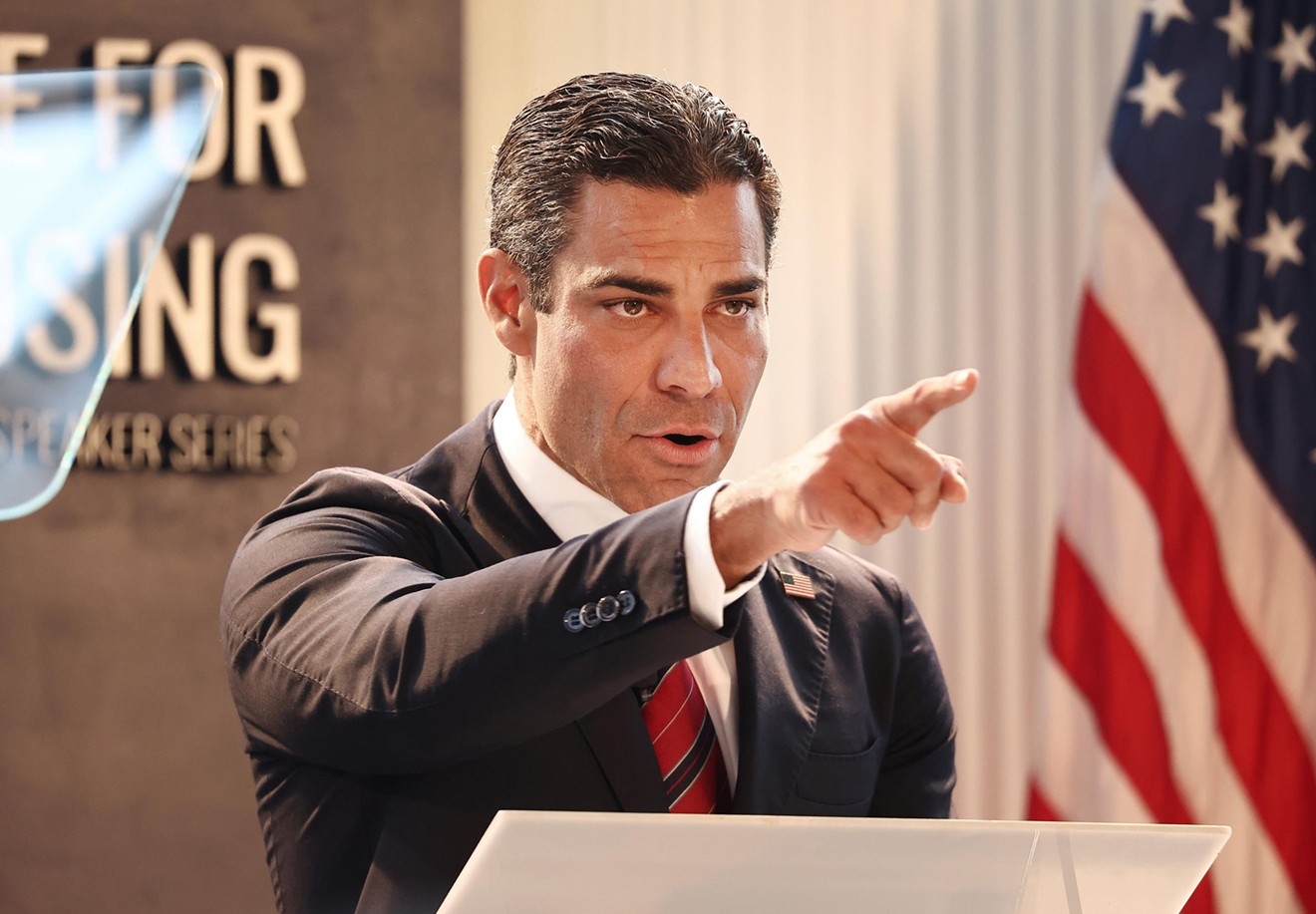
Miami Mayor Francis Suarez announces his presidential run at the Ronald Reagan Presidential Library on June 15, 2023 in Simi Valley, California.
Photo by Mario Tama/Getty Images
[
{
"name": "Editor Picks",
"component": "17482312",
"insertPoint": "4",
"requiredCountToDisplay": "1"
},{
"name": "Inline Links",
"component": "18711090",
"insertPoint": "8th",
"startingPoint": 8,
"requiredCountToDisplay": "7",
"maxInsertions": 25
},{
"name": "Air - MediumRectangle - Combo - Inline Content",
"component": "17482310",
"insertPoint": "8th",
"startingPoint": 8,
"requiredCountToDisplay": "7",
"maxInsertions": 25
},{
"name": "Inline Links",
"component": "18711090",
"insertPoint": "8th",
"startingPoint": 12,
"requiredCountToDisplay": "11",
"maxInsertions": 25
},{
"name": "Air - Leaderboard Tower - Combo - Inline Content",
"component": "17482313",
"insertPoint": "8th",
"startingPoint": 12,
"requiredCountToDisplay": "11",
"maxInsertions": 25
}
]






